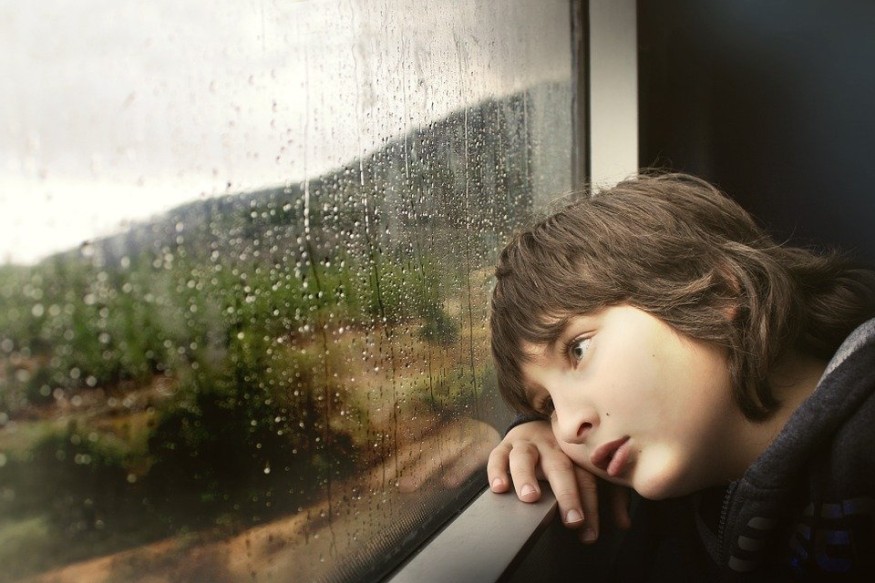How Do I Properly Explain Coronavirus to My Child?

The global pandemic COVID-19 has forced people to shut themselves indoors in a bid to stop the spread of the virus. The lockdown measures imposed by the government brought with it feelings of anxiety, stress, and uncertainty. Children are most affected by the emotions as they do not have the ability to fully grasp the situation.
There are no books that discuss ways to explain a global pandemic to a child. Many experts, however, shared their advice on how parents can create a sense of normalcy in this time of crisis.
When is the right moment to explain coronavirus to my kids?
There is no same 'right time' for every kid. Parents should be prepared to explain COVID-19 to kids as soon as they start asking questions or noticing differences in the environment.
It's also important to find out what your child already knows about the virus or the situation. It gives you a chance to correct any wrong information they may have heard. If there is any information you want to confirm for yourself, you can visit credible websites like the World Health Organization and UNICEF.
Parents should remember there is a big difference between talking to a five-year-old and a 15-year-old. Younger kids still live in a world where everything is a wonder. They may perceive the virus as a terrifying thing. It is best to keep your answer short as they will assess your feelings more than your words.
What do I say when they start worrying about the health of their loved ones?
Kids have a limited ability to distinguish simple things and an influx of information. The lockdown measures are a great opportunity for you to work with your older kids and show them which media sources are reliable and what the latest news means.
It is important to explain that not all people who have a cold or flu are infected with COVID-19. It is also important to explain not all people who get sick die.
Parents can include a health tip such as observing proper hygiene to keep loved ones safe.
What do I do when my child cries?
With recent school closures and canceled social events, it is natural for your kids to feel disappointed about missing out. Parents should allow their children to feel sad or disappointed. Offer them comfort and honesty. Give them space to share their worries and assure them you are there to help them process what they feel.
Letting your children know that it's normal to feel stressed out can help them build more resilience. Remember to speak to them calmly and reassuringly, and most of all, honestly.
What can I do to help them cope with isolation?
Children, especially the active ones, will have difficulty processing the need for isolation and lack of social activities with other kids. Parents should take their cues from the children to find the balance between talking it over and finding distractions.
The lockdown is the perfect time for your kids to let go of their phones and learn new skills. You can host a family game night and play board games you've always wanted to try. You can also watch movies together as a family or have a few days set for cooking meals together.
How do I cope with isolation?
Parents are as anxious as the children are. However, it is important to remember the young ones take emotional cues from adults. Parents should also manage their anxiety in your own time. You should also avoid oversharing your fear with the children. Parents should give their children a sense of comfort and security, even if it means containing emotions.
Check out these articles for family-friendly activities:
Subscribe to Latin Post!
Sign up for our free newsletter for the Latest coverage!
















